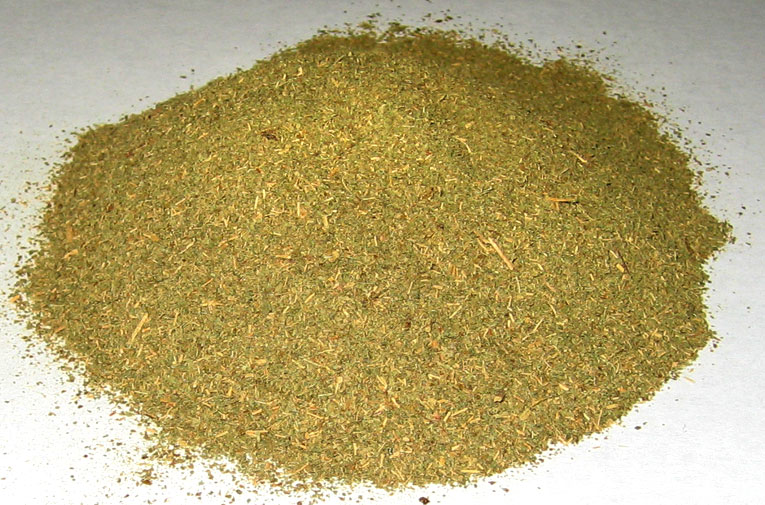Kratom Supporters Say Ban Would Worsen Opioid Crisis
/By Pat Anson, Editor
Nine scientists are warning that a renewed effort to make the herbal supplement kratom an illegal Schedule I controlled substance would worsen the opioid crisis and lead to more overdoses.
“It is our collective judgment that placing kratom into Schedule I will potentially increase the number of deaths of Americans caused by opioids because many people who have found kratom to be their lifeline away from strong opioids will be vulnerable to resumption of that opioid use,” wrote lead author Jack Henningfield, PhD, in a letter to Acting DEA administrator Robert Patterson and White House advisor Kellyanne Conway.
“A ban on kratom that would be imposed by CSA Scheduling would put them at risk of relapse to opioid use with the potential consequence of overdose death. Similar unintended consequences are to be expected in some who would be forced to use opioids to manage acute or chronic pain.”
The letter was released by the American Kratom Association (AKA), a pro-kratom consumer group, in response to an FDA analysis this week stating that kratom contains risky chemical compounds that act as opioids.
“Kratom should not be used to treat medical conditions, nor should it be used as an alternative to prescription opioids. There is no evidence to indicate that kratom is safe or effective for any medical use,” said FDA Commissioner Scott Gottlieb, MD, in a lengthy statement.
“As the scientific data and adverse event reports have clearly revealed, compounds in kratom make it so it isn’t just a plant – it’s an opioid. And it’s an opioid that’s associated with novel risks because of the variability in how it’s being formulated, sold and used recreationally and by those who are seeking to self-medicate for pain or who use kratom to treat opioid withdrawal symptoms."
Kratom comes from a tree that grows in southeast Asia, where it has been used for centuries for its medicinal properties. Kratom leaves are typically ground up into powder to make tea or used in capsules. Millions of Americans have discovered kratom in recent years, using it to treat chronic pain, anxiety, depression, and addiction.
In 2016, the Drug Enforcement Administration tried to list two of kratom’s active ingredients as Schedule I substances, which would have made it a felony to sell or possess kratom. The DEA suspended its plan after a public outcry and asked for a full medical evaluation of kratom from the FDA.
KRATOM POWDER
The new report from the FDA -- which links kratom to dozens of overdose deaths – seems likely to trigger a new effort by the DEA to make the herb an illegal controlled substance. That would be a serious mistake, according to the scientists engaged by the AKA, because it would stifle kratom research.
“Placing kratom into Schedule I of the CSA (Controlled Substances Act) will also have a profound and pervasive chilling effect on this needed additional research,” they wrote. “The federal government should be encouraging additional research into the potential benefits of kratom, as well as the possibility that extracts of kratom and/or new medicines that are similar to kratom’s active ingredients might serve as breakthroughs in pain relieving medicines that are so desperately needed.”
The letter was signed by scientists and researchers affiliated with the Johns Hopkins University School of Medicine, Columbia University, Temple University School of Medicine, University of Rochester Medical Center, University of British Columbia, and other academic and medical institutions.




